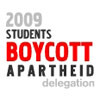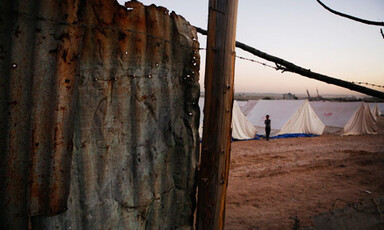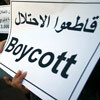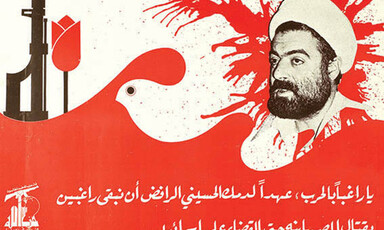
United for freedom and universal justice
31 July 2009
For years, many people who might have played an active role in striving for an end to Israeli occupation and other violations of Palestinian rights, have stayed silent, loathe to be attacked for criticizing Israel lest they be vilified as anti-Semites. All over the world, people are breaking free of this fear, including significant numbers of Jews, and uniting to support boycott, divestment and sanctions. Omar Barghouti and Sid Shniad comment. Read more about United for freedom and universal justice























































